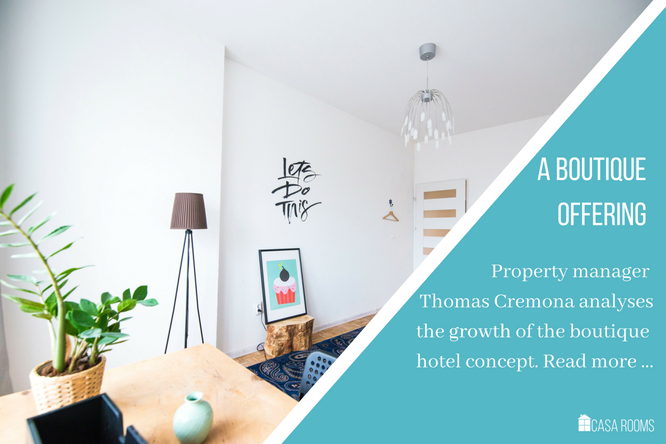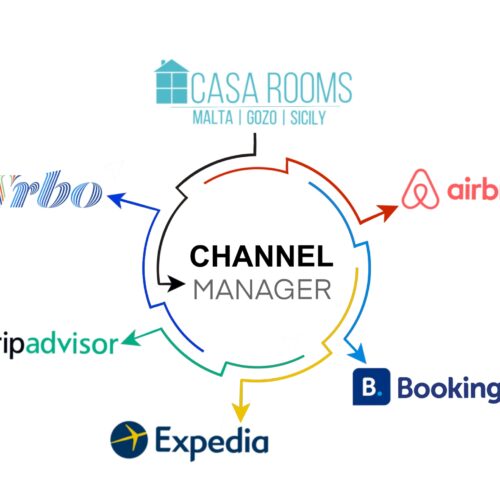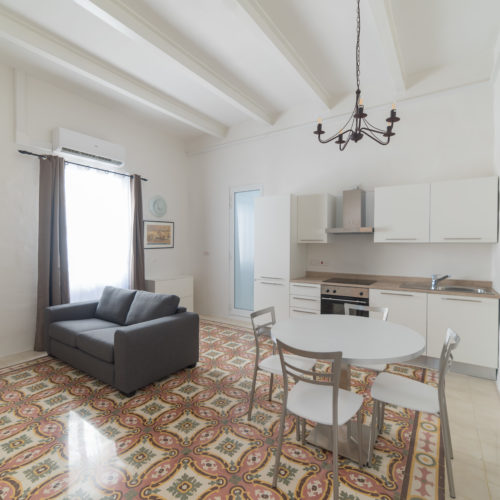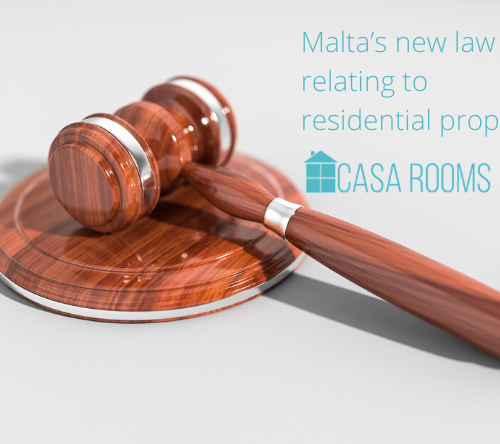A very boutique offering.
Property manager Thomas Cremona analyses the growth of the boutique hotel concept in Malta, and explains the challenges that smaller properties are facing.
Tourist arrivals
Malta’s continued growth in tourist arrivals has led to an increase in the supply of beds through the expansion of mainstream hotels, as well as the increase in boutique accommodation. Boutique accommodation is often defined as a chic hotel or guesthouse that hosts less than 100 rooms in an urban environment. The majority of the Maltese boutique accommodation that launched in the last few years comprise approximately 20 rooms. In addition, boutique accommodation often has a stand-alone brand, defined by its particular design and characteristics.
Development
A boutique hotel, especially one located in a city centre, contributes to the gentrification of the area, such that with the investment undertaken by the entrepreneur and the increased activity by the comings and goings of the guests, there will be an increase in the utilisation of the local cafés, supermarkets, and a general focus on the upkeep of the area surrounding the property.
In November 2017, Times of Malta reported that 98 applications had been filed with the Planning Authority for boutique hotels. A number of hotel developers are particularly encouraged by the Planning Authority allowing for increased hotel height in comparison to a residential development. Through such a regulation, a hotelier is able to increase the number of rooms available or increase the facilities on offer, thus assisting with the boutique hotel’s financial feasibility.
Benefits
Further benefits to developing a boutique hotel are the reduced VAT rate, and frequent initiatives by Malta Enterprise to assist with sector-specific initiatives of which past examples includethe “Refurbishment of Hotels, Accommodation Facilities and Restaurants”, and “Energy Efficiency Measures for the Hospitality Sector”, and the current “Catering Capacity Building”.
Malta Tourism Authority
From a legal perspective, Malta Tourism Authority does not, as yet, have a specific definition for a boutique hotel. To date, categorisation with the MTA may fall under a hostel, guesthouse, or other star rating. For example, although there has been mention of a six-star and seven-star hotel being launched in Malta, from a regulatory perspective there is no such designation.
Guest category
Boutique hotels cater to the current travel trends whereby guests can feel that their experience is unique and individualised. A personalised service is often provided through the hands-on front desk who, by managing a smaller scale property, are able to assist in greater detail with the guests’ ongoing needs.
Today, guests are looking for moments and characteristics that can be easily conveyed onto their social media accounts, and the accommodation provider should acknowledge that every guest has the potential to become a brand ambassador for the property and the experience offered by that location. This is in addition to the continued feedback provided in the form of reviews on online booking platforms.
Furthermore, the size of the boutique hotel must also be factored into consideration when assessing the property’s target market. For example, such a property may not be ideal for those travelling as a large group or seeking resort style facilities.
Unique boutique hotel challenges
Boutique accommodation presents unique challenges, being that such establishments are often unable to achieve the economies of scale to hire a top-rated general manager, and if they do, the general manager will not find the resources that will be available in a larger-sized hotel.
The hospitality industry continues to evolve and, at its core, seeks to provide an enjoyable ambiance at a pleasant location to ensure guests experience a restful night in a place outside of their home. Hospitality is a labour-intensive endeavour and ensuring that the boutique accommodation is operated in the most efficient manner can only be undertaken through a detailed understanding of the guest needs and wants and efficiently catering for such expectations.
Third party management
Through careful market analysis on the boutique hotel’s competitive set, the property will be able to assess its unique selling points and develop its branding on such a basis, and thus optimise its earning potential.
A number of property owners have decided to rent their property to third parties where the operator is responsible to develop the brand and operate as they see fit. A more popular option, that allows the owner to retain a certain level of control and input, is to hire a third-party management company to run the property’s operations, such as budgeting, marketing, personnel, cleaning, laundry, guest relations, and a host of other issues. The nature of the management agreement delves into allowing the owner and the management team to form a mutually-beneficial working relationship.
This article was published on Money Magazine issue 49. To read more click here.






